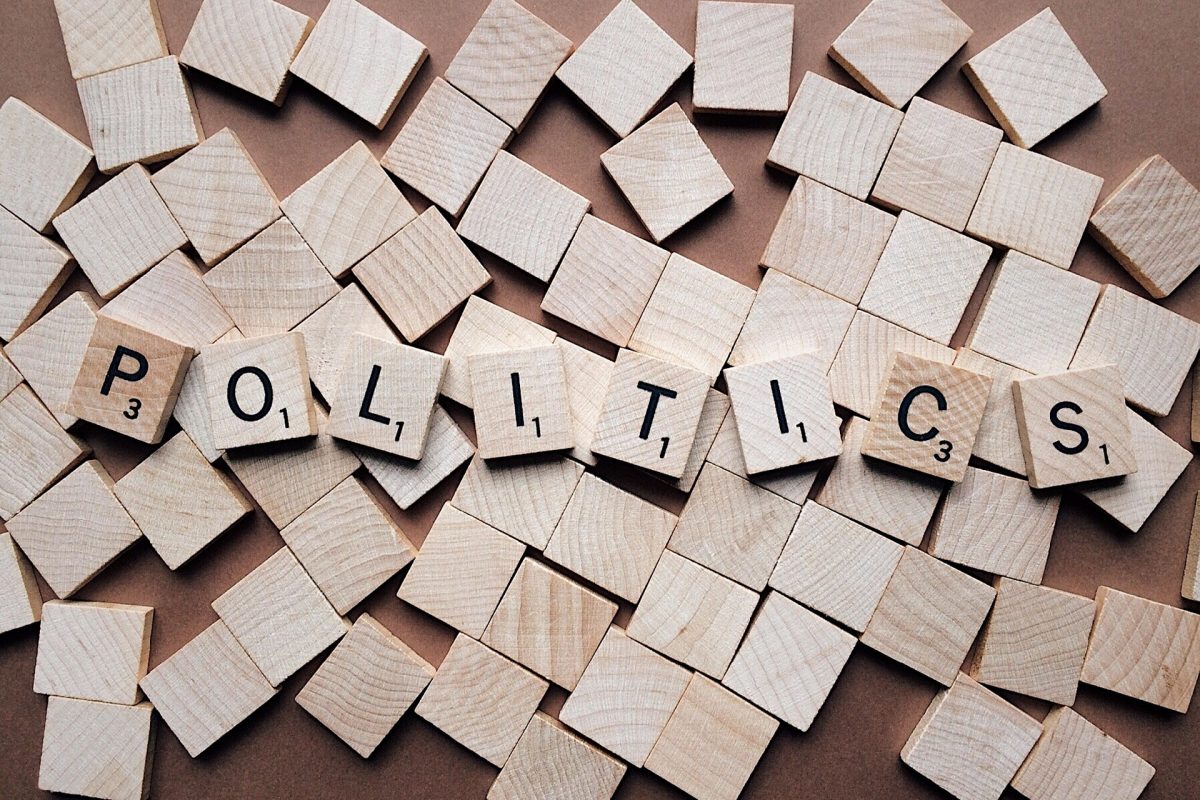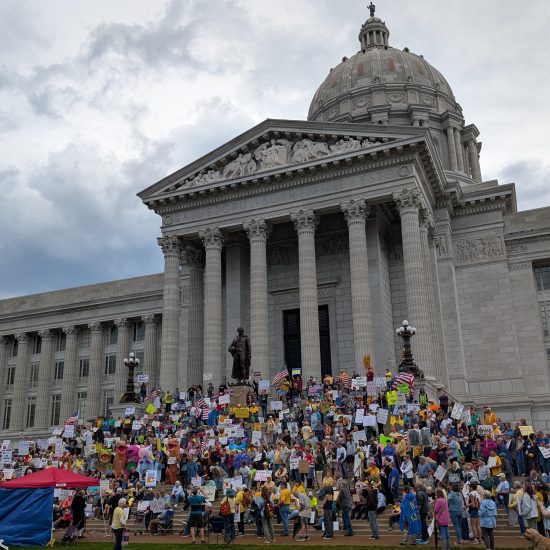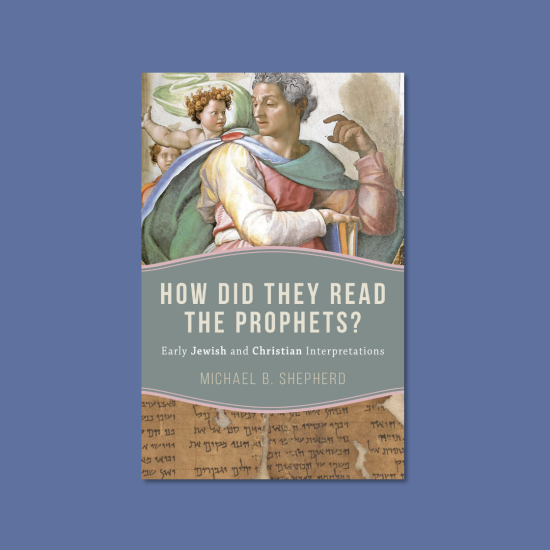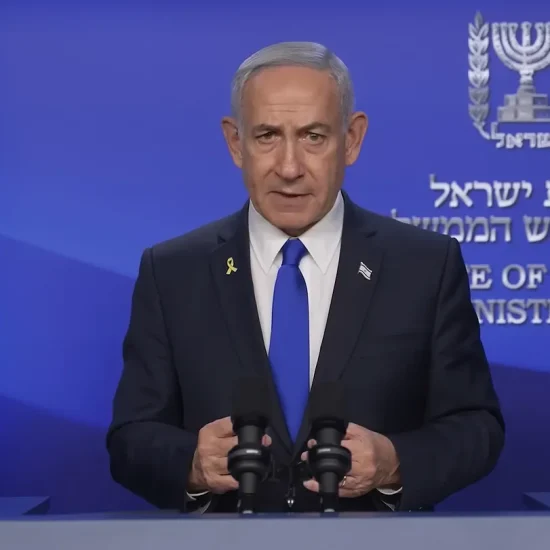

Moses told Pharaoh, “Let my people go.”
Hey, Moses, stop being political.
Samuel rebukes King Saul, “You have done a foolish thing.”
Hey, Samuel, stop being political.
Nathan confronts King David, saying “You are that man.”
Hey, Nathan, stop being political.
Elijah condemned King Ahab, declaring, “You have sold yourself to do evil in the eyes of the Lord.”
Hey, Elijah, stop being political.
Micah criticized “those who oppress the innocent and take bribes and deprive the poor of justice in the courts.”
Hey, Micah, stop being political.
Isaiah wrote, “Woe to you who make unjust laws and who issue oppressive decrees.”
Hey, Isaiah, stop being political.
Shadrach, Meshach, and Abednego refused to follow King Nebuchadnezzar’s order.
Hey, Hebrew squad, stop being political.
Esther entered King Xerxes’s presence without an invitation to advocate for her people.
Hey, Esther, stop being political.
John the baptizer condemned Herod the tetrarch for his “unlawful” wife.
Hey, John, stop being political.
Stop.
Being.
Political?

Brian Kaylor
Or do we really mean stop challenging my politics? Do we really mean stop poking my conscience? Do we really mean stop reminding me that principles trump party? Do we really mean stop urging me to pledge full allegiance to the Kingdom?
While we shouldn’t be partisan and sell our birthright for a bowl of party soup, that doesn’t mean we shouldn’t be political. Nor does it mean we even can be apolitical. No party is the Kingdom. But praying “thy will be done on earth as it is in heaven” inherently brings political implications.
To remain silent on political matters is to side with the status quo. To remain silent when injustices arise is side with the oppressors.
Stop being political?
Might as well say stop being religious.
But, by the way, that won’t work either.






